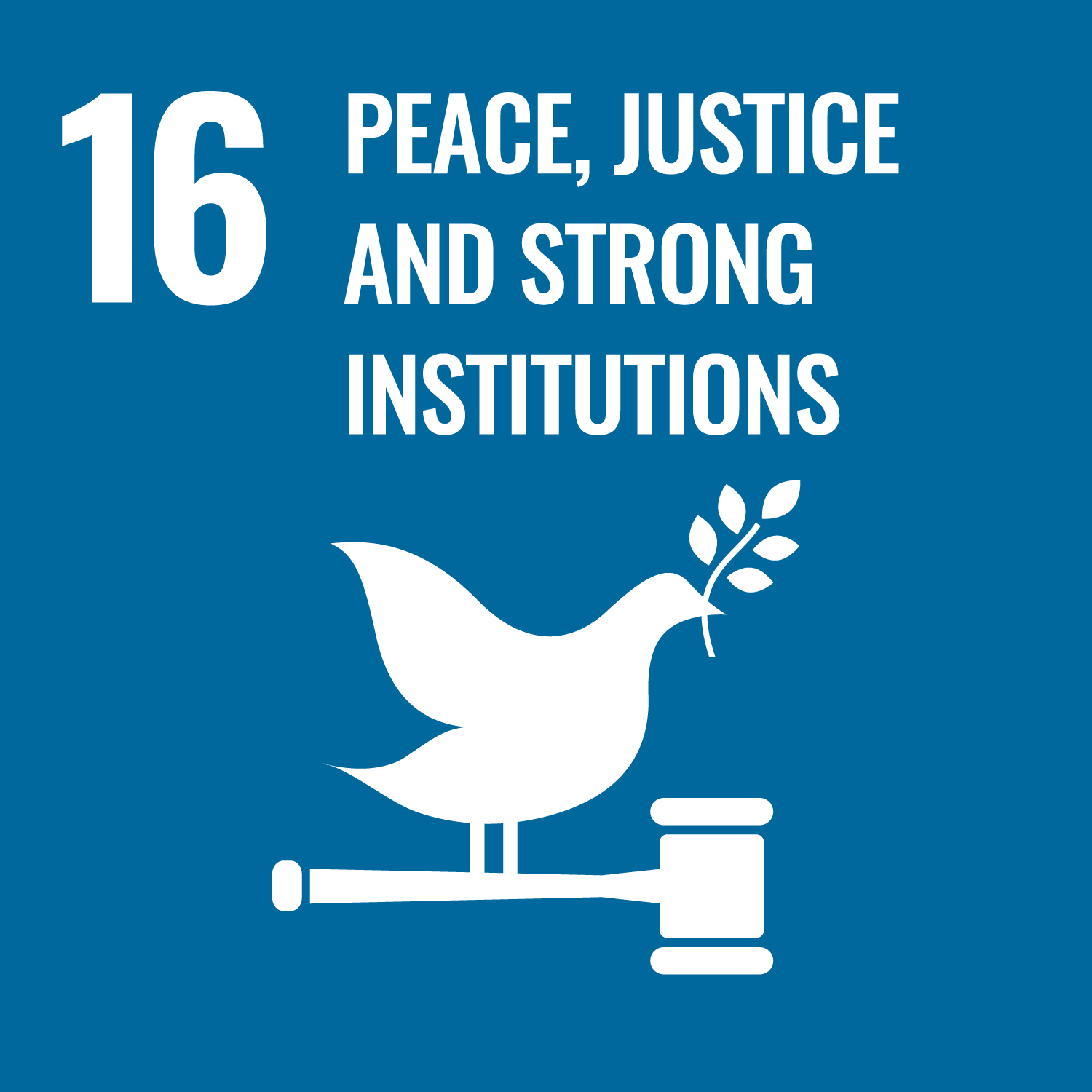According to different polls, like barometers and European Union Eurobarometers, corruption is considered by Spanish public opinion as one of the deepest problems of the Country. Different studies have consistently shown that its effects are devastating from a political and economic
point of view, generating disaffection and lack of trust among individuals. For the last few years, the media have been switching from telling a long list of corruption cases to a roster of sentences with a huge significance. Nowadays is time for the Academy to assume her responsibility to promote a deep reflection on this phenomenon, to diagnose its features and to make proposals for long-term politics. Our contributions include organizational and technical aspects for the detection and prevention of corruption as well as legal and procedural suggestions about the improvement of the fight against it. Nevertheless, corruption is a very complex phenomenon where different variables coalesce; its study includes the consideration of values, traditions, habits and psychosocial considerations. The fight against corruption implies the study of very different cultural and institutional dimensions.
This holistic approach is known as Culture of Lawfulness; an academic and social movement in fast development that looks forward the civic enforcement of the Rule of Law and the strengthening of democracy. The fundamental thesis in this research is that the defense of the values of
lawfulness is intertwined with the fight against corruption.
This research network faces, in line with the UN Sustainable Development Goal 16, the challenge of creating legitimate, effective and inclusive institutions that are accountable and fight against corruption within the framework of the Culture of Lawfulness.
The Research Objectives of this Network can be summarized as follows:
| 1 | To foster the understanding of corruption as a variable dependent on the political, legal and ethical culture of society. |
| 2 | To promote the concept of processes and procedures of the fight against corruption as one of the dimensions of shaping the political and cultural mentalities of the citizen. |
| 3 | To analyze the consequences for institutional regeneration and the reinforcement and promotion of civic and democratic values implies success in the fight against corruption and the suppression of impunity. |
| 4 | To evaluate the results of the political, legislative and administrative processes arranged so far in the fight against corruption. |
| 5 | To propose legislative, administrative and organizational measures to improve the results in the fight against corruption. |
| 6 | To propose the review of the institutional structures and the operating protocols of the control bodies. |












